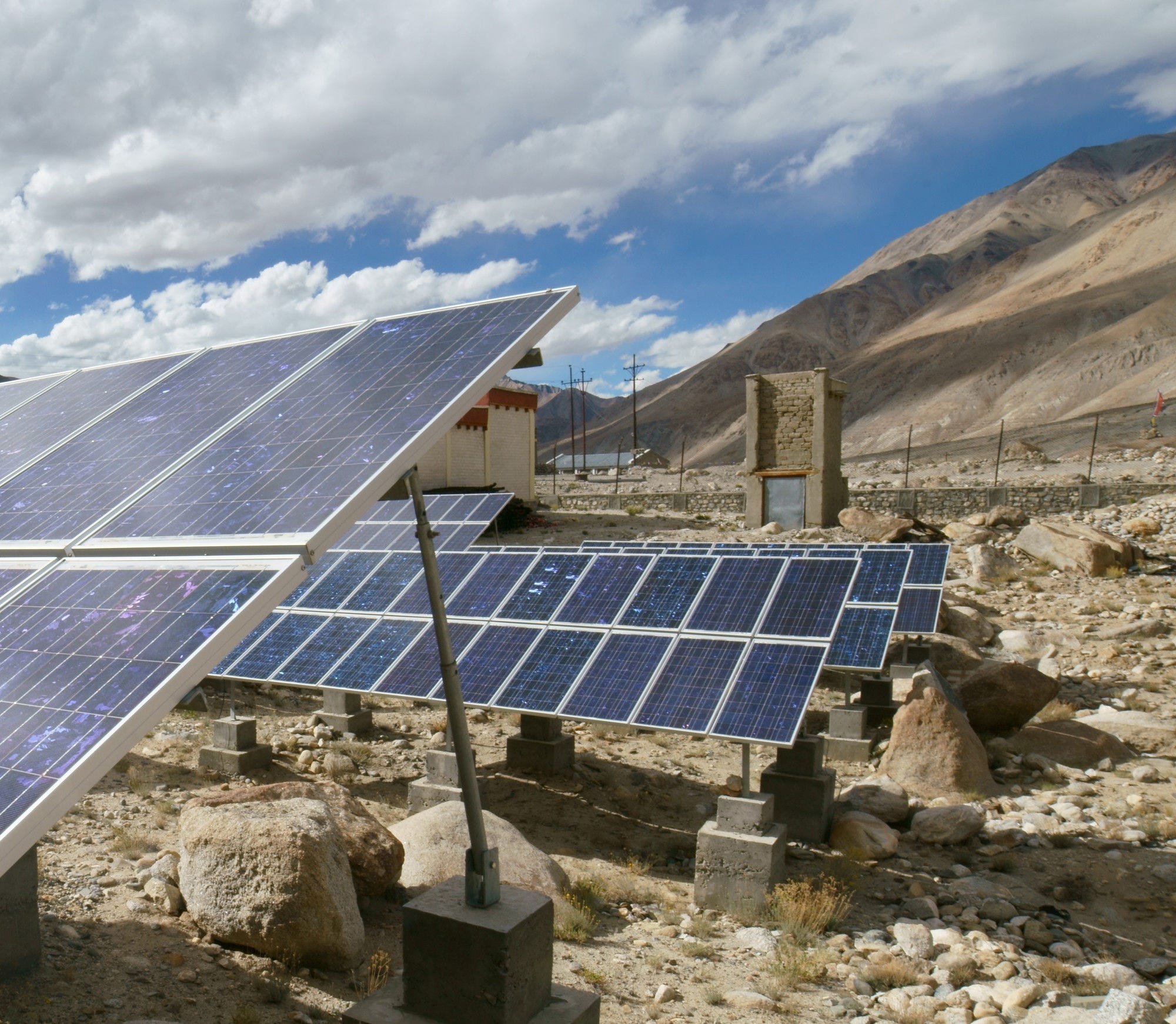The ASEAN member states have a long-standing goal to establish multilateral power trading in the region. To date, regional power trading has been limited to a series of uncoordinated bilateral cross-border arrangements. Multilateral power trading can bring multiple benefits, including reduced system costs, increased energy security and an ability to integrate higher shares of variable renewable energy. An examination of international experiences shows that it is possible to establish multilateral trading while allowing for stepwise and voluntary development and respecting local sovereignty. At the same time, increased cross-border integration and power trade does require increased co-ordination and regulatory harmonisation.
This report identifies a set of minimum political, technical and institutional requirements that the ASEAN member states will need to meet in order to establish multilateral power trading in the region. Some of these minimum requirements can be met by building upon existing efforts in the region. The report also proposes a set of trading arrangements of increasing levels of ambition which, taken together, will enable ASEAN to establish multilateral power trading in a manner that is consistent with maximising national sovereignty and the equitable sharing of benefits. These recommendations include a summary of potential roles for regional institutions and an example transaction to show how trading might potentially work in practice.







